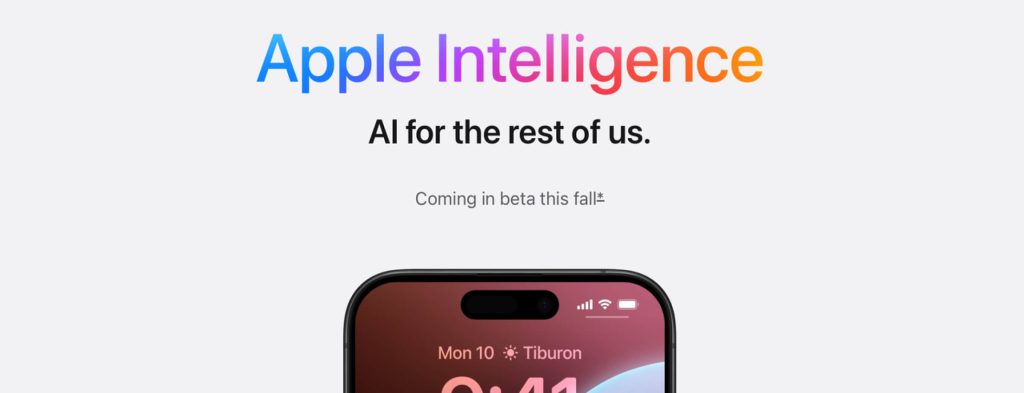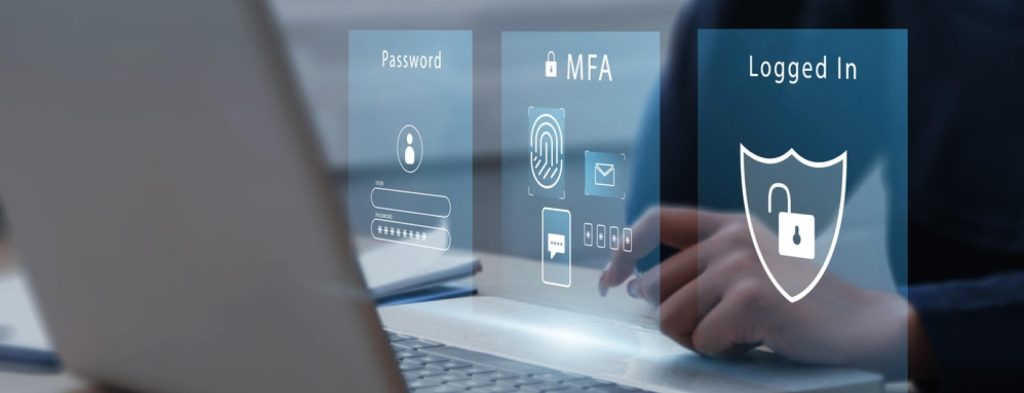In recent years, the digitization of government services has witnessed an unprecedented surge, with mobile apps becoming the cornerstone of streamlined interactions between citizens and public entities. However, with this convenience comes a crucial responsibility — the protection of sensitive information. This blog delves into the imperative of ensuring robust data security in government mobile apps, recognizing potential consequences of security breaches, and exploring a comprehensive framework for safeguarding citizen data.
Importance of Data Security:
Government mobile apps handle a vast array of sensitive information, from citizen identities to national security details. A security breach could result in dire consequences, compromising citizen data and posing potential threats to national security. Building and maintaining trust among citizens is paramount, necessitating a commitment to ensuring the confidentiality and integrity of their data.
Encryption Protocols:

One cornerstone of data security in government mobile apps is the implementation of robust encryption protocols. Encryption serves as a protective barrier, ensuring that sensitive information remains secure both during transit and while at rest. Understanding encryption protocols is crucial for establishing a resilient security foundation.
- Importance of Encryption: Explore the significance of encryption in safeguarding government data from unauthorized access and interception.
- Types of Encryption Protocols: Highlight various encryption protocols and their role in securing data.
Multi-Factor Authentication (MFA):

Authentication processes are the frontline defense against unauthorized access, and multi-factor authentication (MFA) emerges as a powerful tool to fortify these processes. MFA enhances user authentication, providing an extra layer of security that diminishes the risk of unauthorized access even if login credentials are compromised.
- Enhancing Authentication: Discuss how MFA improves user authentication processes.
- MFA Methods: Explore various MFA methods and their effectiveness in government mobile apps.
Secure APIs:
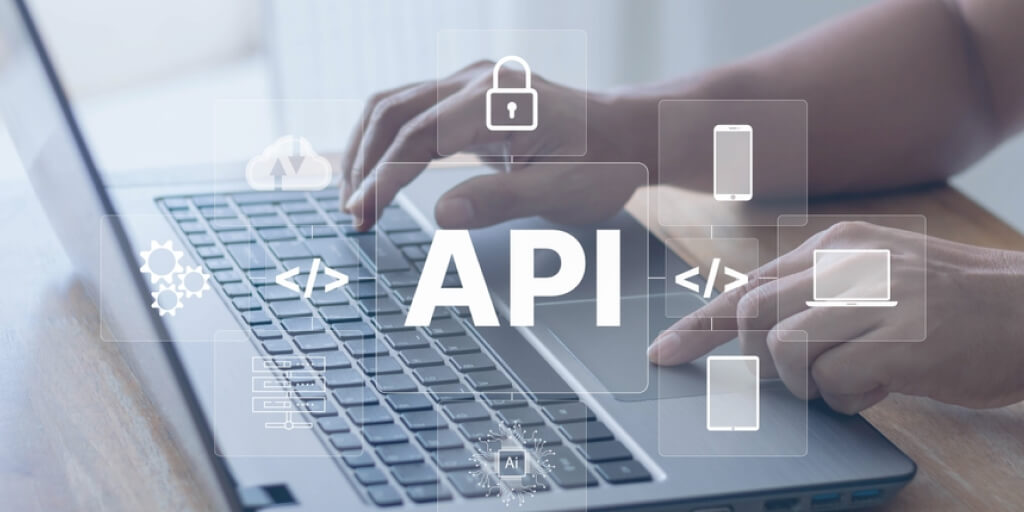
Government mobile apps often rely on Application Programming Interfaces (APIs) to facilitate communication. Securing these APIs is vital for preventing unauthorized access and protecting against potential vulnerabilities.
- Securing APIs: Discuss the importance of implementing proper authentication mechanisms and access controls on APIs.
- API Security Measures: Highlight security measures to protect against unauthorized access.
Routine Security Audits:

The evolving landscape of cybersecurity demands a proactive approach to identify and address vulnerabilities. Regular security audits and assessments are crucial for maintaining the resilience of government mobile apps against emerging threats.
- Proactive Security Measures: Emphasize the need for routine evaluations to detect and mitigate potential weaknesses.
- Benefits of Security Audits: Discuss how security audits contribute to overall app resilience.
Data Minimization Strategies:
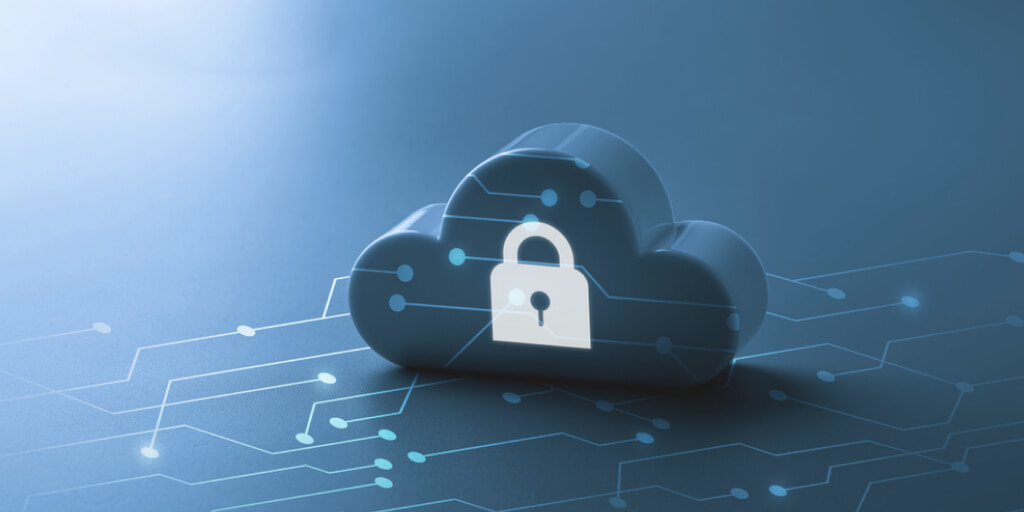
The principle of data minimization advocates for collecting and storing only the necessary data, reducing the potential impact of a security breach.
- Reducing Risks: Explore the role of data minimization in mitigating risks.
- Effective Strategies: Emphasize the importance of evaluating the necessity of each piece of information collected.
User Education Programs:

While technical measures are crucial, user awareness plays a pivotal role in preventing security incidents.
- Educating Users: Explore the significance of educating government mobile app users about responsible data handling practices.
- Preventing Security Incidents: Discuss the role of user awareness in avoiding phishing attempts and adopting secure login practices.
Securing Transmission Channels:

Securing the journey of data from a user’s device to government servers is essential. This involves ensuring secure transmission channels, particularly through protocols like HTTPS.
- Protecting Data During Transit: Explain the necessity of secure transmission channels.
- HTTPS and Security: Illustrate how HTTPS guards against man-in-the-middle attacks and eavesdropping attempts.
Device Security Measures:

Securing the devices used to access government mobile apps is a critical component of overall data security.
- Ensuring Device Security: Discuss strategies for device security, including encryption and passcode implementation.
- Remote Wipe Capabilities: Highlight the importance of enabling remote wipe capabilities in case of device loss or theft.
Incident Response Planning:
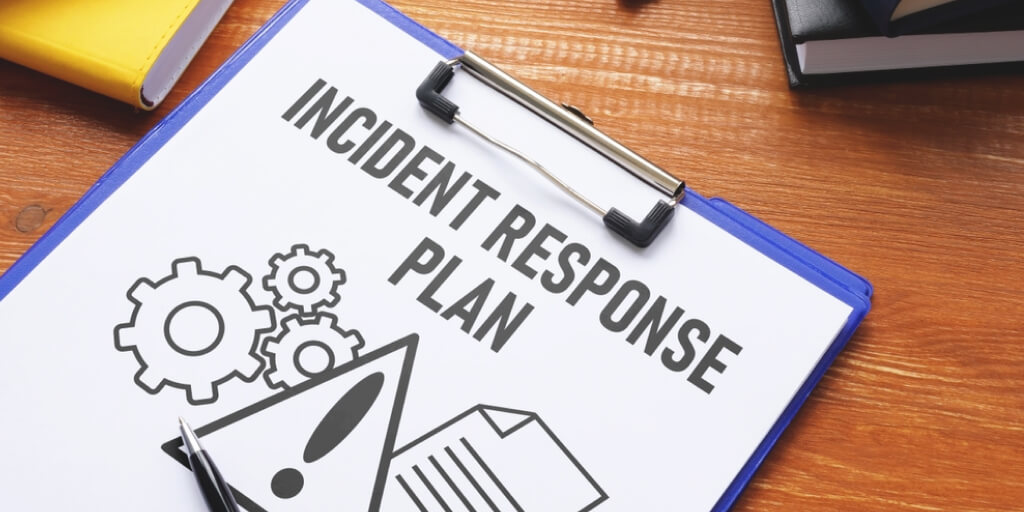
No system is immune to potential security incidents. A robust incident response plan is essential for minimizing the impact of such events.
- Comprehensive Response: Emphasize the development of a comprehensive incident response plan.
- Swift Detection and Communication: Discuss the importance of swift detection, containment, and effective communication with stakeholders.
Compliance with Regulations:
Adherence to data protection and privacy regulations is not just a legal requirement but a fundamental aspect of ethical and responsible governance.
- Legal Compliance: Stress the need for government mobile apps to comply with relevant regulations.
- Implications of Non-Compliance: Discuss the implications of non-compliance and the importance of staying abreast of evolving legal requirements.
Continuous Monitoring:
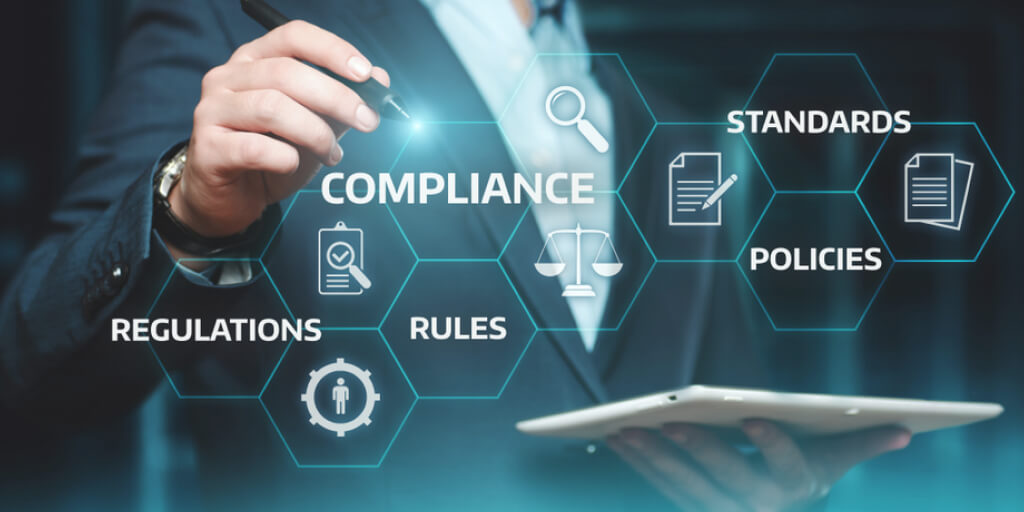
In the dynamic landscape of cybersecurity, continuous monitoring mechanisms are indispensable for real-time threat detection.
- Real-Time Threat Detection: Explore the benefits of continuous monitoring.
- Tools for Monitoring: Discuss the use of intrusion detection systems and log analysis tools.
Conclusion:
In conclusion, safeguarding sensitive information in government mobile apps requires a multifaceted approach encompassing technical measures, user education, and adherence to regulations. The commitment to maintaining the highest standards of data security is not only a legal obligation but a demonstration of the government’s dedication to protecting citizen information and upholding trust in public services. By understanding the potential consequences of security breaches and implementing a comprehensive security framework, government entities can navigate the digital landscape with confidence, ensuring the confidentiality, integrity, and availability of sensitive data.




